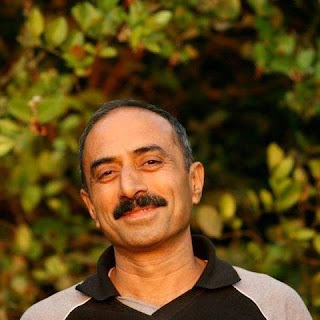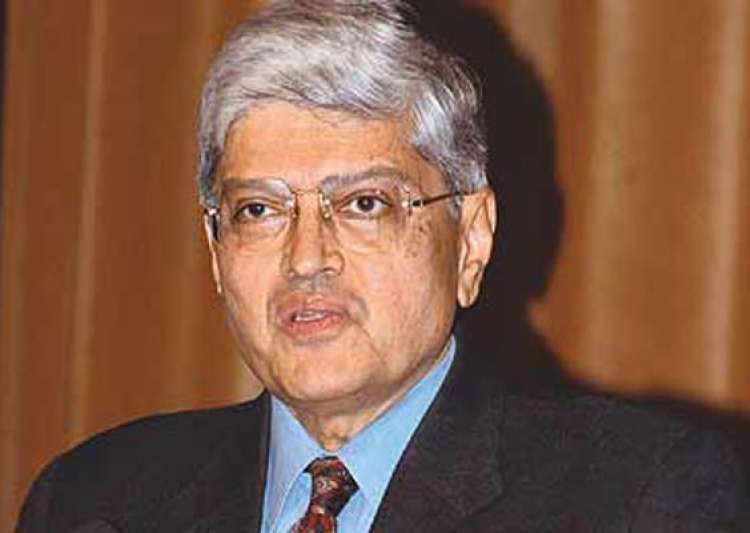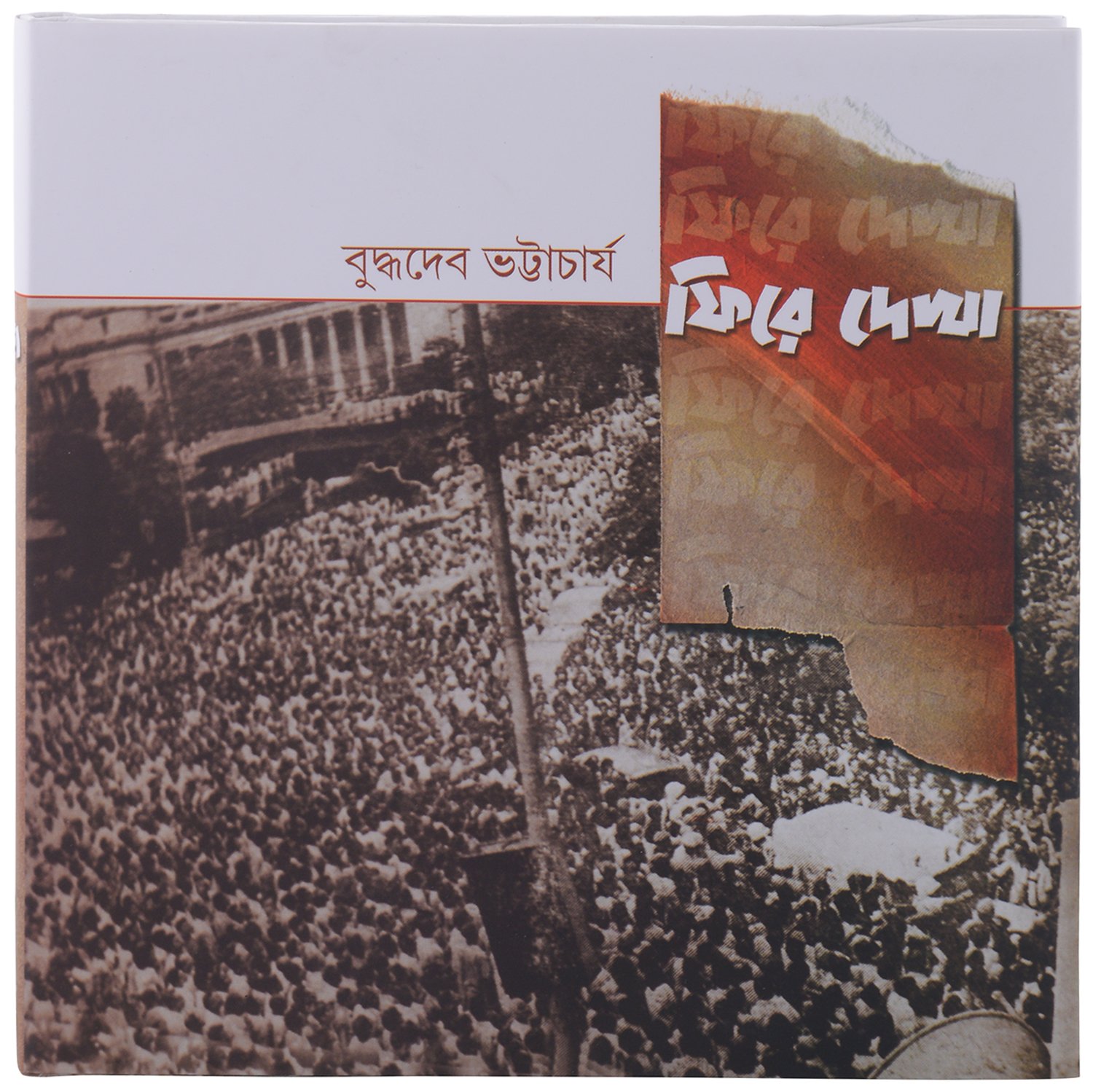The 'Moditva' as a brand must have survived in the year 2017 for the BJP but the outcome of just concluded Gujarat elections that saw Prime Minister Narendra Modi make blistering campaigns left a few crucial political lessons for Modi-Amit Shah duo.It is probably for the first time in last three and half years since BJP came to power in 2014, it has to reconcile to the fact that the 2019 parliamentary elections will not be a cakewalk as was perhaps presumed earlier.
The agrarian distress and winning support base in rural India remains BJP's formidable challenges.

Modi's pioneering 'slogan' in Ahmedabad

But Mr Modi's mass appeal seemed to make all the difference in electoral politics. While he saved BJP's prestige in Gujarat - making use of a seaplane flight on the ultimate day of campaign, in Uttar Pradesh and elsewhere the success of the pro-Hindu party rested safely on the shoulders of its leader and Mr Modi as he packaged and presented his winning image of a Hindu leader who struggles hard for India’s development.
The BJP as a ruling dispensation and Narendra Modi's government had come under severe criticism for the GST and its demonetization move in 2016 and a reduced number of seats in Modi-Shah's home state were like spoilsport for the party which otherwise had enough reasons to ring out the circa 2017 on a celebratory note.
Experts interpreted verdict in his native state - a formerly Hindutva laboratory and a hub of 'Gujarat model' of development - as a "wake up" call. Sadly, for Mr Modi - his style of campaigning - often vitriolic especially against his predecessor Manmohan Singh was also seen as unbecoming of a Prime Minister.
But in the ultimate for the party, Mr Modi remains its star face and it was purely his 'mass appeal' that saw BJP successfully brave 22-year-old incumbency in Gujarat -- even as the number of seats declined by 16 from whatwas in 2012.
Speaking politically, BJP consolidated its hold across the country gaining power for itself and its allies across 19 states - a record by itself. Previous best haul of Congress party was 18 during the hey days of Indira Gandhi. The saffron party - often underestimated and slammed for its pro-Hindutva politics, wrested power in another northeastern state of Manipur.
As the stage is set to usher in a new year, the BJP and its chief vote-catcher Mr Modi has set the stage for their first face-to-face battle in the February-March 2018 assembly polls in Congress-ruled Meghalaya and Marxists-ruled Tripura.
In terms of political consolidation, BJP wrested power in the year in country's most populous state of Uttar Pradesh - besides Goa and Uttarakhand while the power slipped out of Akali Dal-BJP combine in Punjab. The pivotal Uttar Pradesh state elections show a swing to Hindu nationalism - a fact demonstrated by emergence of Yogi Adityanath as the Chief Minister and also at a later state Congress chief Rahul Gandhi forced to undertake temple hopping and play up 'soft Hindutva' in Gujarat polls.
In terms of political strategy, BJP played a mixed-policy with Muslims. In Uttar Pradesh, it did not field Muslim candidates and the number of Muslim legislators in the newly-elected House has dropped down to 25, an all-time low.
But the Triple Talaq Bill piloted by it in Parliament would be seen in times to come as one of the best known political googly of our time.
On December 28 as the Lok Sabha gave its nod to the Muslim Women (Protection of Rights on Marriage) Bill, 2017 bringing the practice of Triple Talaq within the ambit of criminal offence, BJP lawmaker Meenakshi Lekhi said,
"When they have a brother like Narendra Modi, they do not need to be afraid of anyone".



































